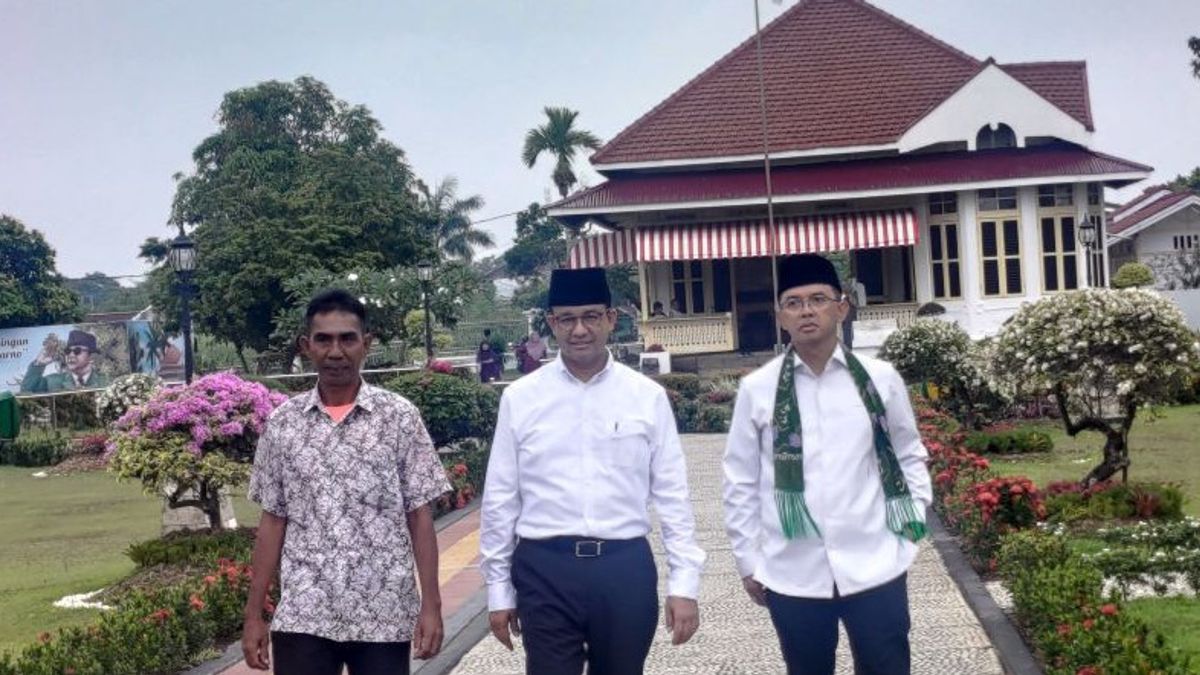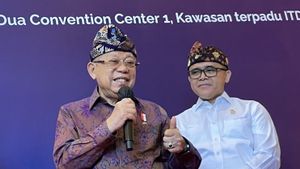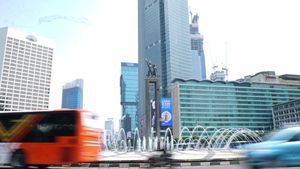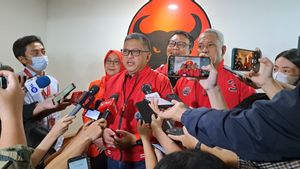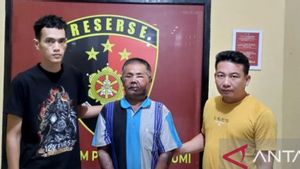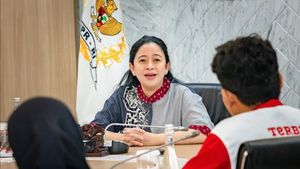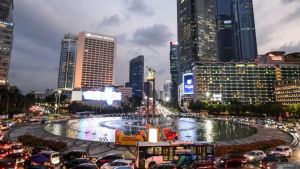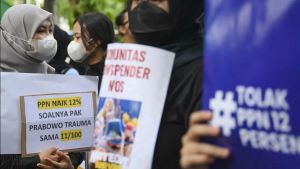BENGKULU - presidential candidate number 1 Anies Baswedan took the time to visit Bung Karno's exile while carrying out campaign activities in Bengkulu City, Bengkulu province.
Anies revealed the reason for visiting this place as a reminder for the Republic of Indonesia to be established for all groups.
"This Republic was founded by educated individuals, intellectuals, and scholars whose thoughts were formed not only by reading but also by life experience. They experienced oppression, detention, and broad insight, while they were children of the people and established republics for all not for their children, not for their nephews, not for their groups but for all," Anies told reporters. reported by ANTARA, Wednesday, December 6.
Anies said he wanted Indonesia to return to the original ideals of the founders of this republic, namely social justice.
"Let us return to the early ideals of the founders of this republic, they established a republic for social justice even though in fact they can live comfortably in the colonial period, imagine that they are Engineers, Doctors if they work for the Dutch government or corporations they will be wealthy, but they are not. This is an important lesson that we need to remind ourselves and everything because of that we visited this place," he continued.
Anies is committed when elected later, historical places like this will be developed and made more attractive so that more young people have the opportunity to study in these places.
SEE ALSO:
Reported by the Cultural website of the Ministry of Education and Culture, Bung Karno was exiled to Bengkulu after being sent to Sukamiskin Prison in Bandung, West Java. Bung Karno was arrested on December 29, 1929 along with two other figures, Maskoen Soepriadinata and Gatot Mangkoepradja.
After Bung Karno was released, the Dutch government at that time decided to isolate Bung Karno to another place that was much more remote and difficult to access. After being exiled to Ende, East Nusa Tenggara, Bung Karno was then transferred to Bengkulu in 1938.
While in Bengkulu, Bung Karno lived in a house owned by a Chinese businessman. The house is located in Angut Atas Village, Bengkulu City.
Bung Karno occupied the house for approximately 4 years until 1942. There, Bung Karno lived with his wife at that time, Inggit Garnasih and his adopted children, Ratna Djuami and Hanafi. In Bengkulu, Bung Karno also knew the figure of Fatmawati who later became his wife in 1943.
During his exile in Bengkulu, Bung Karno continued to show his persistence in voicing the struggle for Indonesia's independence.
The English, Chinese, Japanese, Arabic, and French versions are automatically generated by the AI. So there may still be inaccuracies in translating, please always see Indonesian as our main language. (system supported by DigitalSiber.id)
